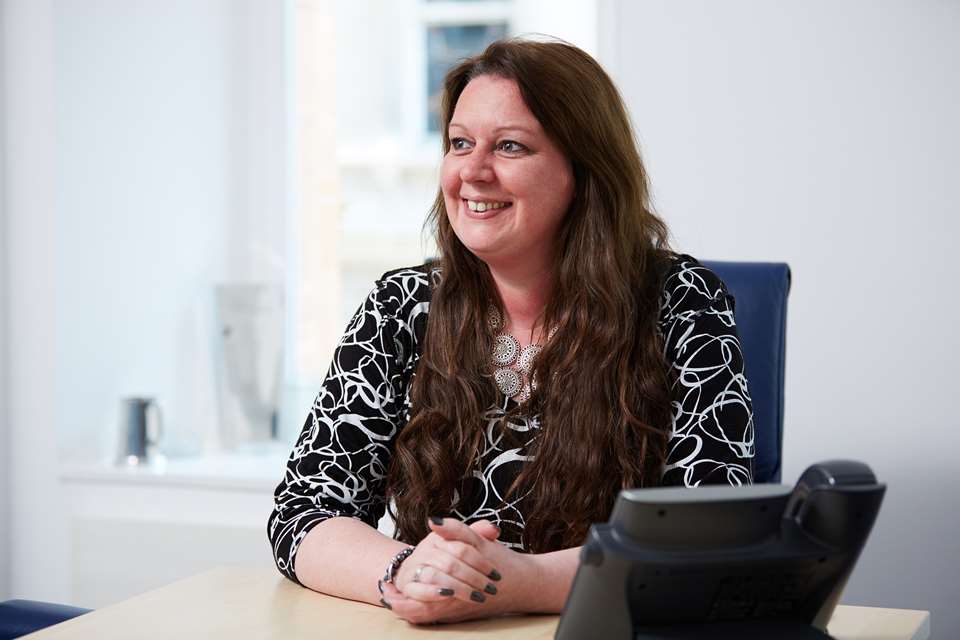Is financialisation putting childcare provision in England at risk?
Antonia Simon, associate professor at UCL Social Research Institute
Thursday, January 27, 2022
Antonia Simon, associate professor at UCL Social Research Institute, warns that the nursery sector is at risk of following in the footsteps of adult social care with a 'spectacular collapse' due to the high levels of debt at many large private childcare operators which are buying nurseries.

Readers of Nursery World cannot fail to have noticed that almost every issue carries news of a nursery takeover. In every case this is a takeover of a single nursery, or a small group, by a larger chain. Our new report, Acquisitions, Mergers and Debt: the new language of childcare, has tracked this trend. A forensic financial analysis of company accounts has uncovered a growing trend for private finance to acquire large numbers of early childhood education and care (ECEC) settings.
It is difficult to get an accurate size of the private sector because of inconsistent definitions. However, some estimates are published. These include a figure of 53 per cent of group-based providers being private from the leading childcare market research organisation LaingBuisson, and 61per cent from the DfE provider survey. There is a lot of sector volatility and turnover in ownership, with the sector increasingly experiencing acquisitions and mergers, and smaller nurseries being bought up by highly leveraged profit-focused companies.
However, these mergers and acquisitions have not resulted in the creation of substantially more childcare places. For example, one childcare company, who we tracked using data from Nursery World’s Nursery Chains, reported 20 settings in 2015, but by 2019, this had increased to 60. However, in this period they are recorded as having opened one new nursery. The rest of its expansion comes from mergers and acquisitions. This is just one example of many that we identified and there are many more that could be tracked within the Nursery World publications.
Using public data from Companies House, our report out today found that for-profit companies in the childcare sector are heavily indebted, and they have complex financial structures, often involving foreign investors and shareholders. They have a shareholder model of corporate governance. This means a considerable amount of money is being extracted for debt repayment and paying shareholders, rather than being invested back into the frontline service. For example, for two of the largest private-for-profit chains we examined were heavy borrowers, with leverage ratios of debt to total assets of between 51 per cent and 101 per cent. Given that many of these ‘for-profit’ companies are in receipt of large sums of public money (an estimated £5.6 billion in funds and subsidies in England), this practice raises important questions about public accountability and value for money. It also raises concerns about the long-term stability of this type of provision.
This highly financialised model is one that has also been seen in the private sector provision of adult social care, which has seen the spectacular collapse of large providers such as Southern Cross and Four Seasons. In both these cases whole chains closed with little notice for residents. It is this fragility of provision that we are warning might be developing for early years education and care that our report highlights.
The practices of these for-profit companies are in stark contrast to ‘not-for-profit’ childcare companies, examples of which include social enterprise and charitable companies. There are some features about these type of organisations that make them low risk. For example, where not-for-profit childcare companies are registered as charities, they submit their financial accounts to the Charity Commission which limits the amount of debt they are allowed to incur and requires them to have operating reserves. This makes them at lower risk of sudden collapse. Social enterprises provide another example. Many of them have shared ownership structures which means that the company can only be sold to a third party if the trustees want it to be, which safeguards its long-term viability. Some not-for-profits are employee-owned rather than investor-owned organisation, which makes their operation more accountable to the staff and parents.
There are also useful alternatives to the for-profit operating model in other countries. For example, in Norway parents and staff have more involvement by scrutinising company annual reports. Parents and staff in the not-for-profit companies we examined, sat on the board of trustees to ensure their needs were represented. The social ethos of not-for-profit childcare nurseries also differed from the for-profit companies. Social enterprises for example are committed to reinvesting their surpluses back into the organisation, and the not-for-profit nurseries we examined had explicit reference on their websites to supporting vulnerable children.
Our report makes many recommendations including a call for policymakers to review the way the childcare sector receives public funding, and, particularly, how disadvantaged families access provision. We are concerned that the high levels of debt and low operating reserves in for-profit companies make them at risk of collapse as we have seen in the adult social care sector. If this happens, children and families will miss out on vital and valuable early years care and many childcare staff could lose their jobs.
Antonia Simon, associate professor at UCL Social Research Institute, is lead author of the new report.
A technical annex to accompany the main report is also available here.






